We’ve cleared the print proof, and now you too can add this dreamy cover to your journal collection. Yes, pun intended.
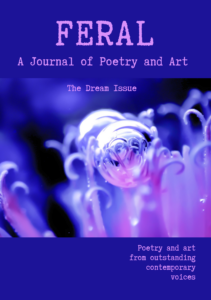
We’ve cleared the print proof, and now you too can add this dreamy cover to your journal collection. Yes, pun intended.

 And it really is dreamy. Read it online now!
And it really is dreamy. Read it online now!
Sorry it was a bit delayed, wildlings, but a hurricane will do things like that…
If you’d like to get your hands on a print version, you can do so here!

We’re still keeping a light on for you. We love you.
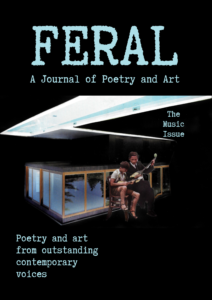
It’s a spicy mixtape of musically themed poetry and art – enjoy! You can order a copy here.
And it is delicious. Enjoy, wildlings!
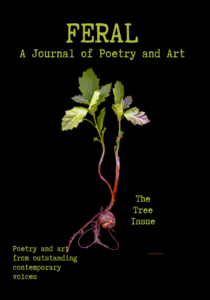
And wildlings, it’s worth the wait! Click here to order your copy!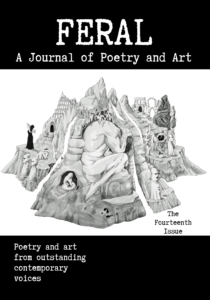
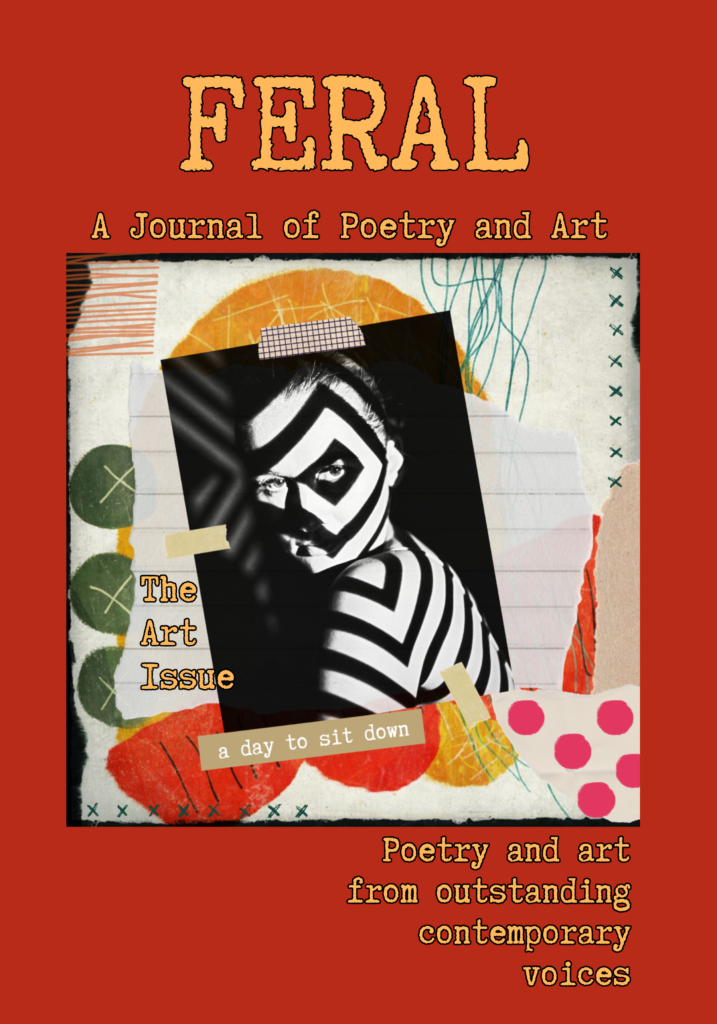
Issue Ten is finally here and it’s absolutely worth the wait. You can order a print copy right now – just click here!
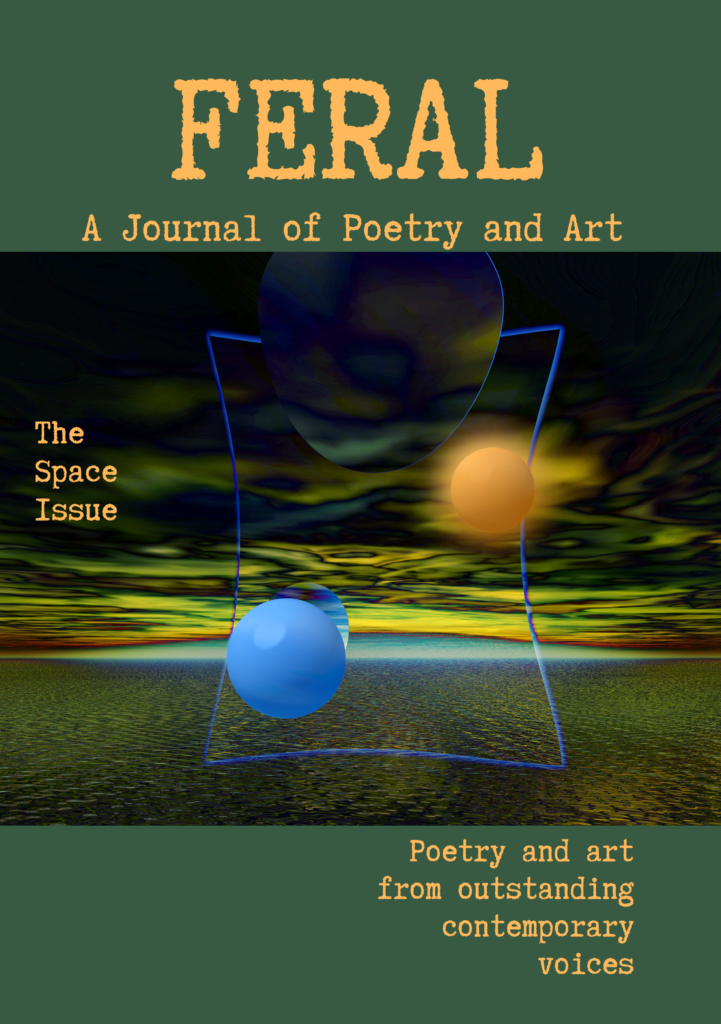
You can grab yourself a copy of this stellar issue in print right now – just click here to order!